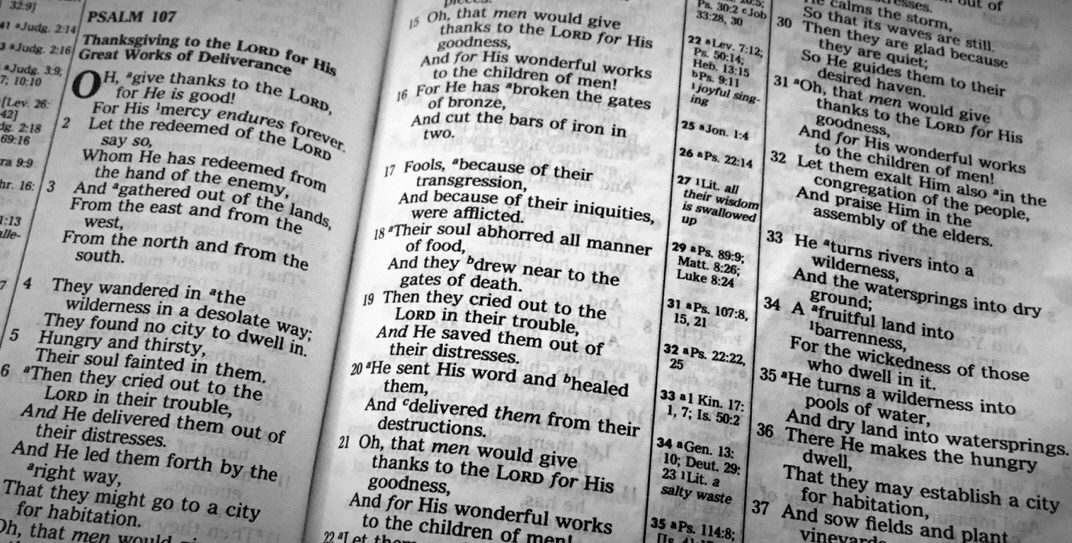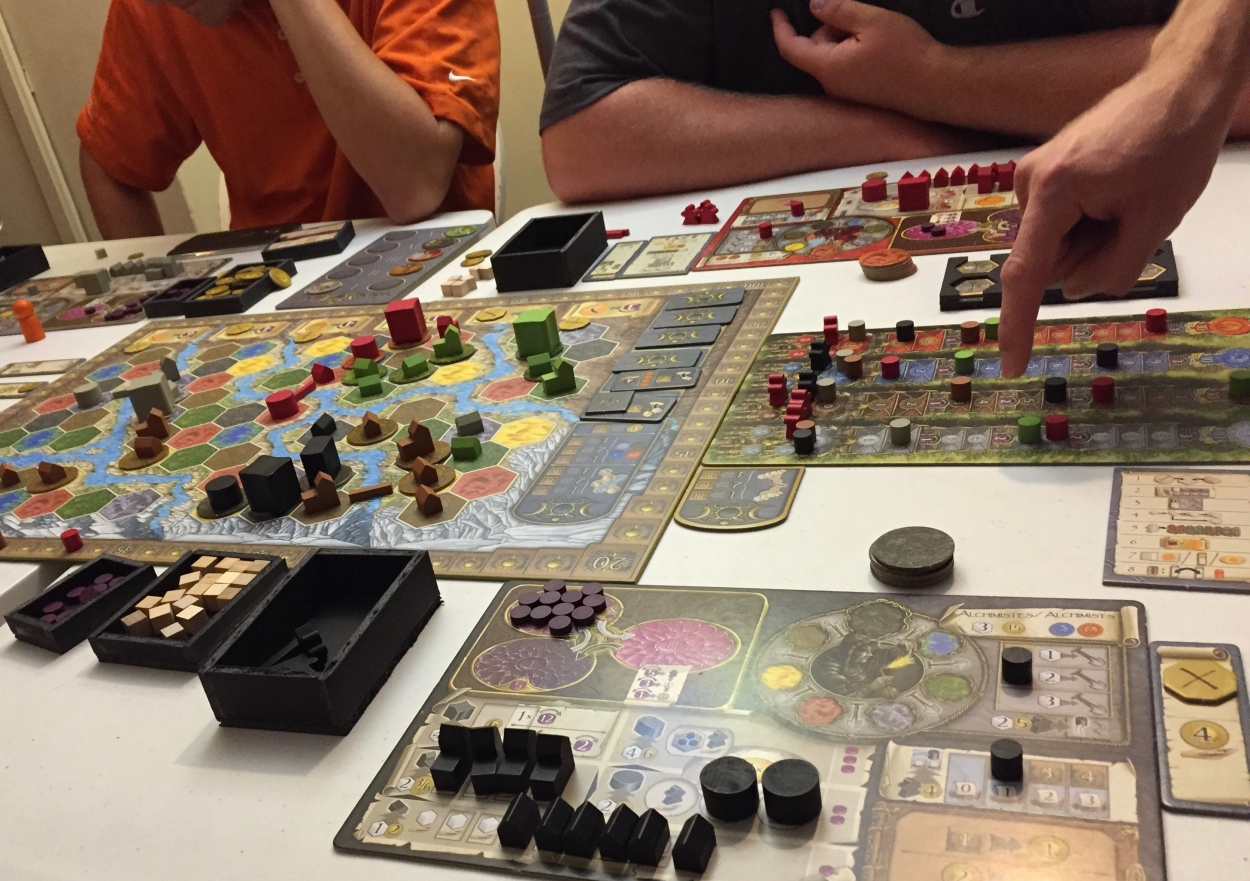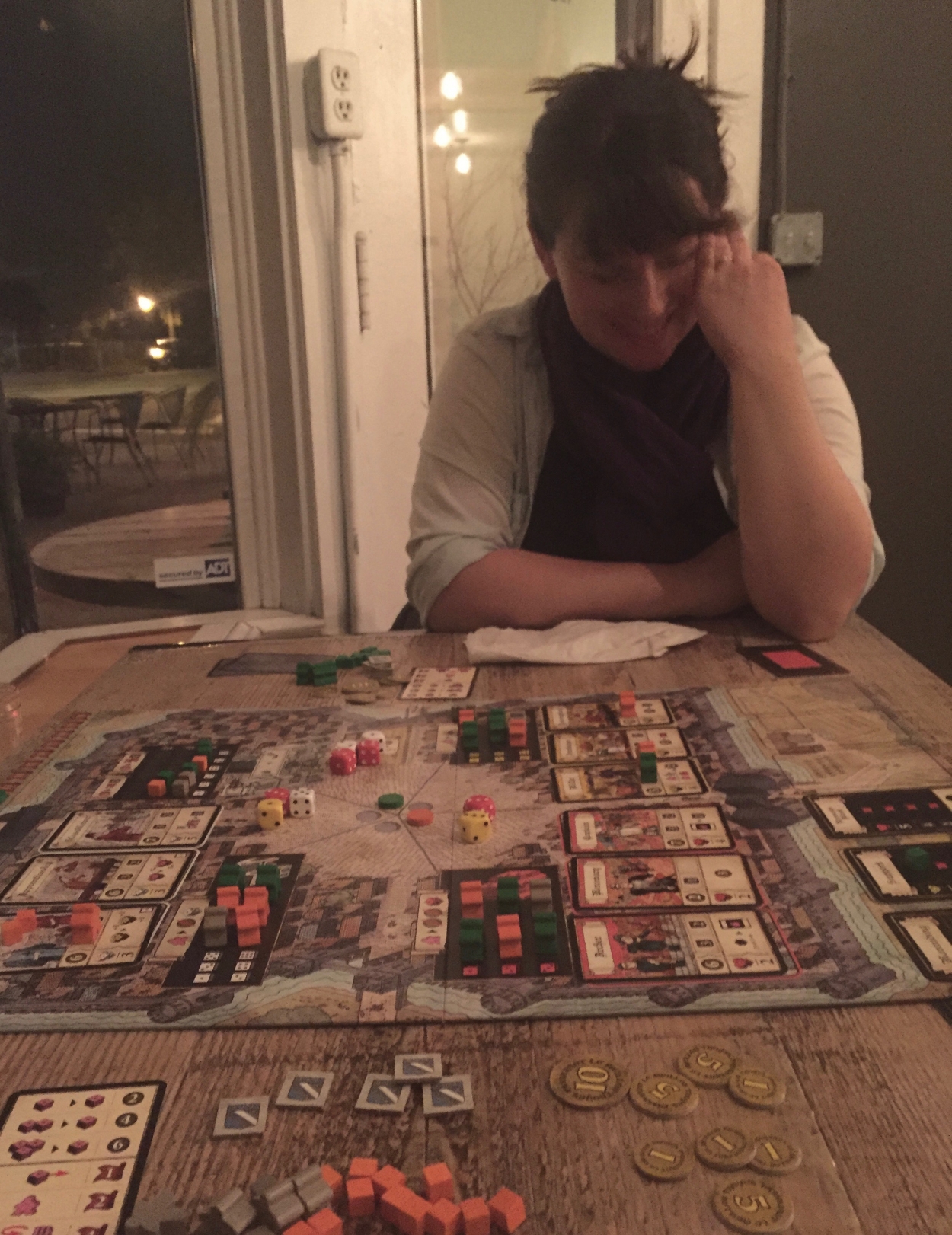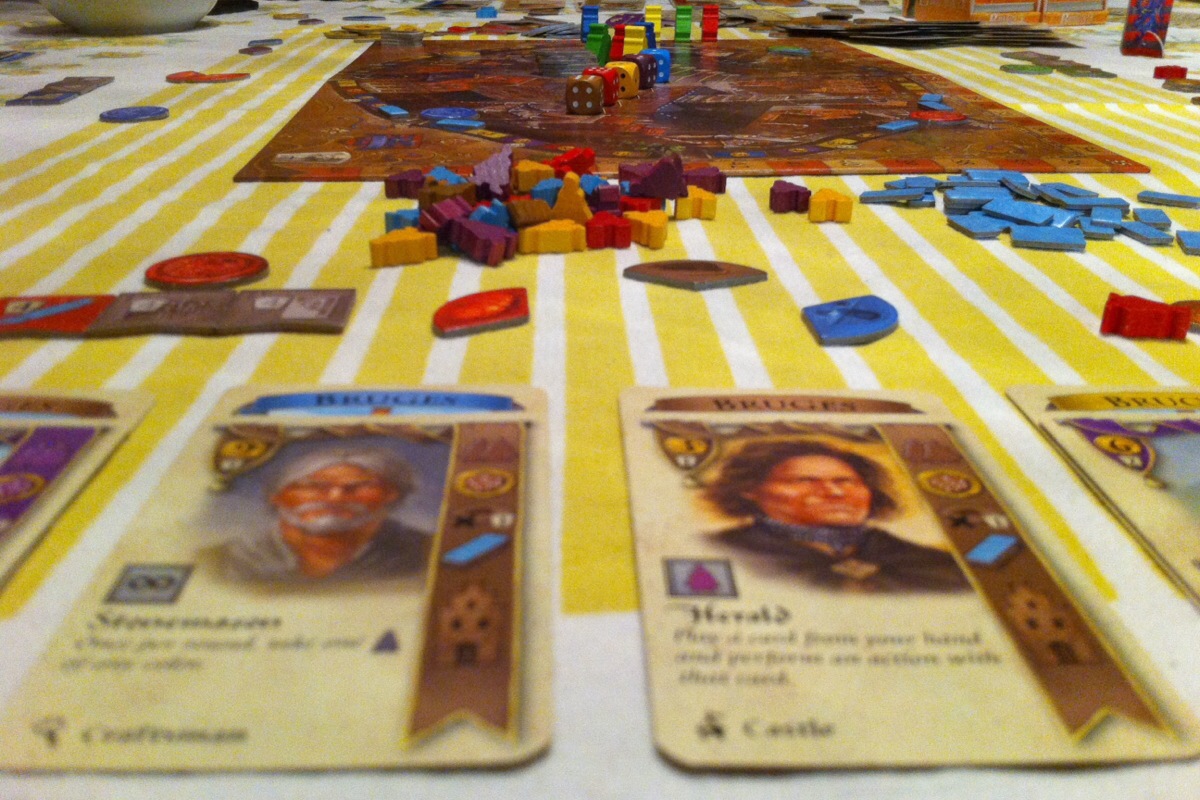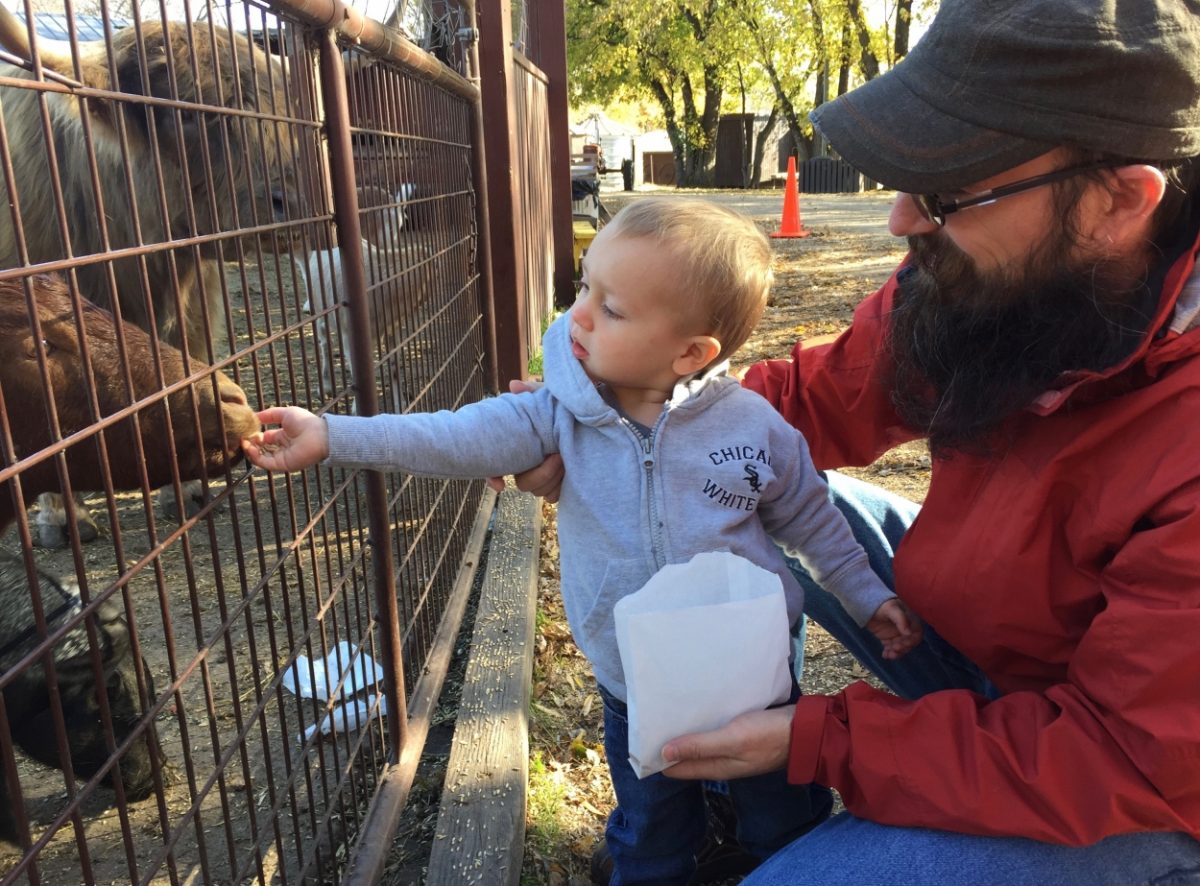
In The Discipline of Loneliness, Oswald Chambers explores the solitariness of the journey we take with our Lord. He is bold to state:
Friendship to a soul undisciplined by loneliness is a precarious sea on which many have been lost, and on whose shores the wrecks of many humans hearts lie rotting.
Loneliness marks the child of God.
There is often talk these days of the corporate journey, the unity in diversity, the collective human experience. We are together in a common landscape. Still, when it comes down to it, we ultimately encounter God in a solitary way. He calls each one of us into a way that demands a holy aloneness.
There is a solitude of despair, a solitude of sin — a vast curse black with the wrath of God, moaning with the pride of hatred; there is a solitude which is the aftermath of spent vice and exhausted self-love. There is no God in such solitudes; only an exhausting pessimism and a great despair. These solitudes produce the wayward, wandering cries so prevalent amongst men.
But the solitude of the sanctified, the loneliness of the child of God, brings again the glimmering of his Father’s feet amongst the sorrows and the haunts of men. And to the broken in heart, or the bound in hereditary prisons, and to the wounded and weak, Jesus our Saviour draws near.
I have known both of these solitudes well. Maybe you have, too. Often, when I think of solitude, I’m reminded of training with Youth Encounter. Each year, as summer turned autumn, we’d gather at Luther Dell Bible Camp in Remer, Minnesota. Following a couple of weeks of intense community building and ministry training, we’d devote a full 24 hours to solitude. At dusk, our fellowship would gather in the field, pray the Lord’s Prayer, then silently retreat. Some dreaded these hours, while others welcomed them. But, almost all, as we broke solitude the next day, came to cherish the experience. And, there is a deeper loneliness still found in our faith.
Jacob was left alone, and a man wrestled with him until daybreak. (Genesis 32:24)
To plead with Jesus to notice us and enroll us as His disciples from any position, good, bad, or indifferent, will meet one of those otherwise unaccountable chills. To seek the lowest position, or the highest, or any position at all, is to miss the mark utterly. In the days of preparation from all Possessions, Professions and Positions, Jesus leads in a separating, isolating way — ‘What seekest thou?’ ‘Whom seekest thou?’ The sad eyes of the Son of God lure us into the wilderness alone, and these questions ring in our hearts. From all desire for position, place, power, from every pedestal of devotion, or dedication, or deed, He draws and separates us; and suddenly we discern what He wants, deeper than tongue can express and obedience to the heavenly vision, arising from an abandonment of love to Himself, leads us to heaven. Not as faithful friends, or as moral men, or as devout souls, or as righteous men — Jesus separates us from all these positions by an unbridgeable distance when he is making clear to us that we must leave ALL. These lonely moments are given to each of us. Have we heeded them?
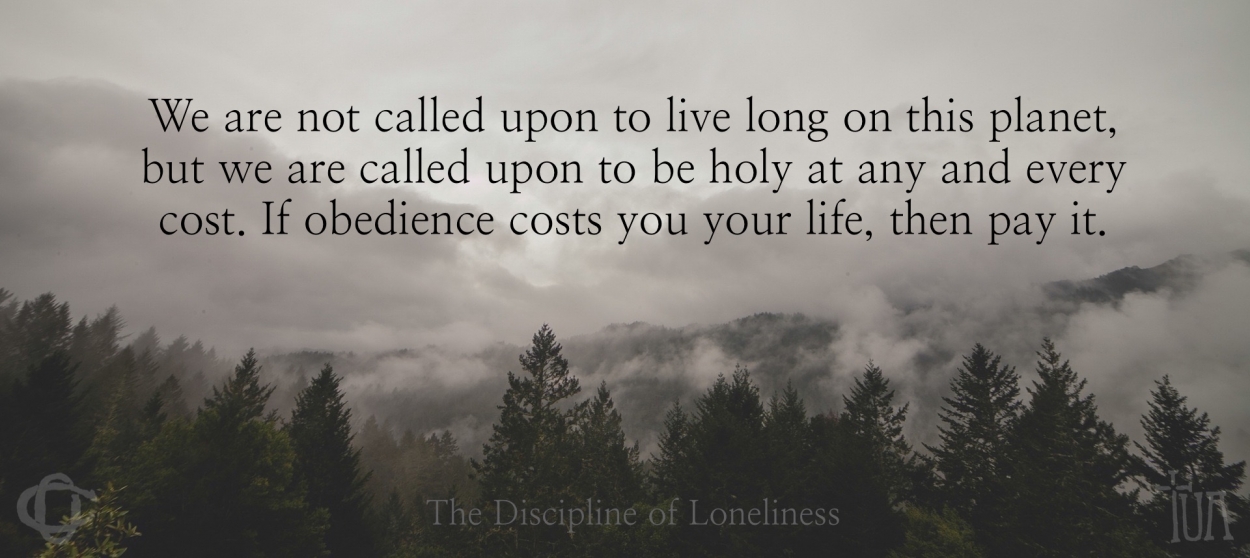
The workman for God in all probability will have to go the way his Lord and Master went. The first flush of the career of a workman for God may be in glory and acclaim, leading to blessed transfiguration; then there come the descent into the valley, deeper and deeper, until in that lonely place, toiling unseen, unknown, unmarked, he reaches in the spirit of travail that sublime agony of loneliness when ‘Father’ seems frozen in his heart, and he cries out, ‘Why hast thou forsaken me?’ It is not a cry of weakness, nor of imperfection; it is not a cry of doubt in God; it is a cry from the last touch of heroism on the workman for God who is being made conformable unto the death of Jesus, not for his own sake or his own perfecting, but for the work of God. It takes him to the threshold of that awful abyss of the Master Workman Himself, where He was left alone with death and became as lonely as sin, and amid the spiritual ramifications of that unshared, unfathomed experience, He cried out, ‘My God, My God, why hast Thou forsaken me?’ The workman for God dare not talk, he dare not speculate; but in wonder, love and awe he thanks God for ‘the glory and the passion of this midnight,’ because it has brought him to the threshold of an understanding of the loneliness of Jesus Christ Who was ‘made to be sin on our behalf; that we might become the righteousness of God in Him.’
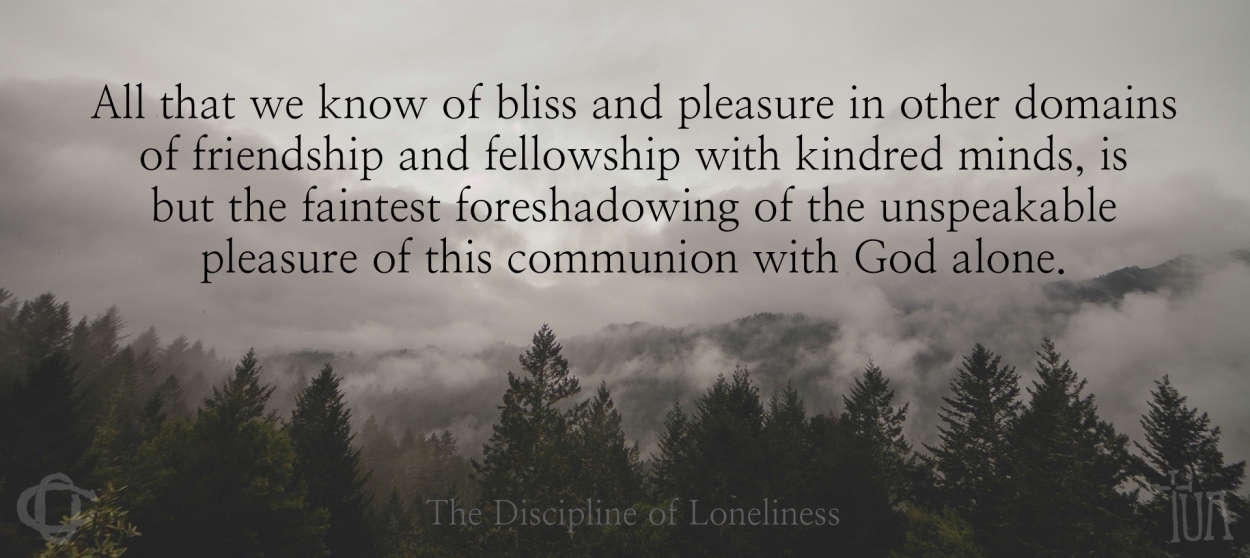
The only road to Jesus is ALONE. Will you strip yourself and separate yourself and take that lonely road, or will you too ‘go away sorrowful’?
Chambers considers our encounters with loneliness as God works in our life for preparation, consecration, and sanctification. Are we familiar with the separation our Lord requires? Separation from possessions, professions, and positions? Separation from country, comrades, and comforts? Separation in sifting, in suffering, and in service? It is a lonely road, but ever our God is with us.
| Reflect On |
Genesis 32:24
|
| Praise God |
for His inescapable presence. |
| Offer Thanks |
that God acquainted Himself with the loneliness we must face. |
| Confess |
any desire to cling to the lesser things. |
| Ask God |
to refine you and sustain you through the desert path. |
| Comment: |
Do you think loneliness has a necessary place in journey of a Christian?
|

